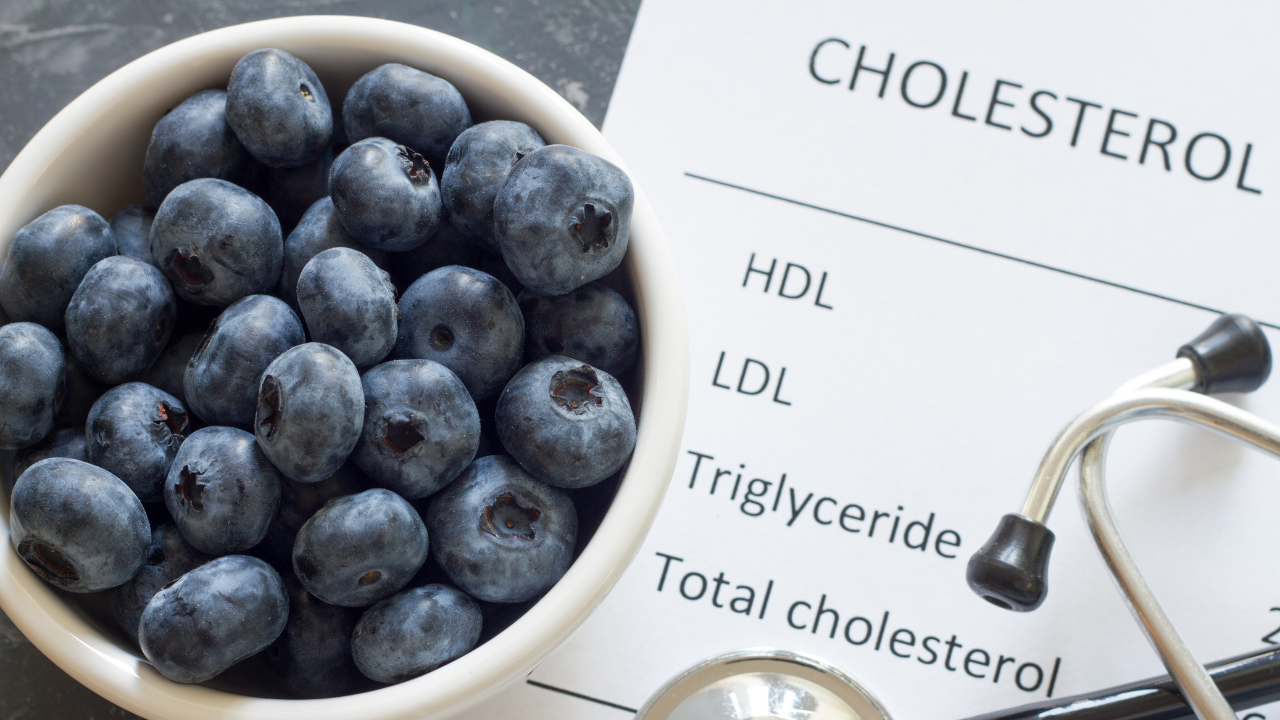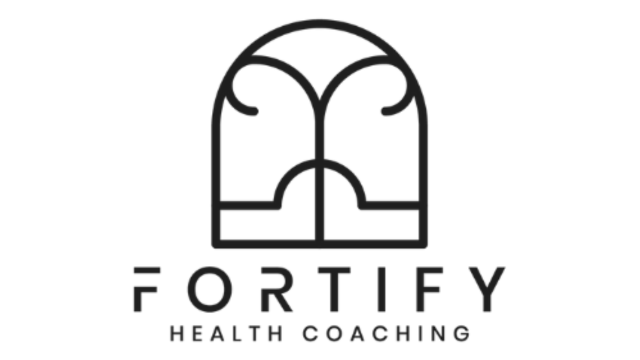
Cholesterol: Friend or Foe? What you Need to Know
Nov 16, 2024Written by: Meredith Paci, Functional Health Coach
Cholesterol is yet another misunderstood substance in health and nutrition. For years, it has been painted as the villain—solely responsible for clogged arteries and heart attacks. But cholesterol, like most things, is far more dynamic and absolutely critical to your body’s function.
Still, most people receive one-dimensional advice when their total cholesterol or LDL-C comes back high: "Avoid red meat and dietary cholesterol," or, worse, “go vegan.” This advice often leaves people in a nutritional and caloric deficit, potentially leading to cascading negative health outcomes.
We’ve seen countless consultations with individuals who, out of fear, switched to a “plant-based” diet only to find themselves with elevated cholesterol, fatty liver, and even deteriorating mental health (a reminder that cholesterol plays a key role in your brain).
Let’s break down what cholesterol really is, where it comes from, what influences it, and why it’s not the bad guy.
What Is Cholesterol, and Where Does It Come From?
Cholesterol is a smooth, waxy substance your body relies on for essential functions like:
-
Building cell membranes
-
Producing hormones (e.g., estrogen, testosterone, cortisol)
-
Transporting nutrients like vitamin D and CoQ10 to cells
-
Synthesizing bile acids to digest fats
-
Supporting tissue repair
As highlighted by David W. in his report for The Heart and Stroke Foundation of Ontario, cholesterol serves as a protective mechanism against inflammation and oxidative damage—often the real culprits in cardiovascular disease.
Cholesterol Sources
-
Diet (20–25%): What you eat plays a smaller role than many think.
-
Your Liver (75–80%): Your liver produces most of your cholesterol, adjusting production based on your needs and intake.
Critical points:
-
Most cholesterol in your bloodstream is made by your liver—not ingested.
-
You could have the best diet and still see your lipid/cholesterol panel change.
-
You could have the best training and recovery protocol and still see your lipid panel skewed.
What Can Influence Cholesterol Levels?
Cholesterol levels are dynamic and influenced by many factors beyond diet. Cholesterol often rises in response to stress, injury, inflammation, or infection because it plays a protective role.
Physiological Factors
-
Thyroid Function: Subclinical and clinical hypothyroidism can raise Total and LDL cholesterol because thyroid hormones regulate LDL receptors in the liver.
-
Sex Hormones: Low estrogen or testosterone can negatively impact HDL and LDL levels, often raising LDL. In perimenopause and menopause, we also see higher apoB levels (an LDL particle linked to CVD risk).
-
Inflammation: Chronic inflammation drives LDL higher to deliver cholesterol to damaged tissues.
-
Insulin Resistance: Can increase small, dense LDL particles while lowering HDL, creating a more plaque-forming profile.
Dietary Factors
Note: This is an educated discussion, not rigid guidelines. Always approach dietary changes with context, individual needs, and professional guidance.
-
Low-fat diets: May lower total cholesterol but also decrease HDL.
-
Low-carb, high-fat diets (Keto): Can raise LDL-C but often increase LDL particle size, which may reduce cardiovascular risk in some cases.
-
Processed, high-calorie diets: Raise triglycerides and promote small, dense LDL particles, especially in the presence of inflammation.
Myths About Cholesterol
-
Cholesterol Clogs Your Arteries
Cholesterol shows up to repair damaged arteries — it doesn’t “stick” on its own. -
High Cholesterol Always Means Plaque
Risk depends on LDL particle type and inflammation, not just total cholesterol. -
Dietary Cholesterol Equals High Blood Cholesterol
Your liver regulates blood cholesterol more than diet does.
The Downsides of Lowering Cholesterol Too Much
While very high cholesterol isn’t ideal, excessively low cholesterol can cause:
-
Reduced production of hormones like estrogen and testosterone
-
Impaired vitamin D synthesis
-
Decreased immune function
-
Negative effects on brain health
LDL, often villainized, is essential for delivering fat-soluble vitamins and nutrients. It’s not simply “bad.”
Action Steps for Better Cholesterol Health
-
Evaluate your diet: Reduce processed foods/refined carbs; focus on whole foods.
-
Address root causes: Check thyroid, insulin resistance, and inflammation.
-
Consider advanced testing: Lipid particle testing (LDL-P, HDL-P) gives clearer insights.
-
Assess gut health: Poor gut health can contribute to inflammation and cholesterol changes.
-
Work with a professional: Guidance helps you interpret labs and habits in context.
For Coaches: A Bigger Role in Advocacy
As coaches, we can guide clients toward informed health decisions. Understanding nuanced topics like cholesterol helps us advocate effectively.
If this feels overwhelming, you're not alone. Our 1-on-1 and group mentorships are designed to give you the tools and confidence to approach complex topics, interpret labs, and navigate meaningful conversations with your clients.

